Keywords: Isis
There are more than 200 results, only the first 200 are displayed here.
-

ECONOMICS
The daily fluctuations of financial markets and the fractious debates over economic policy are concealing something deeper and much more disturbing. The future of money itself is in question. A decade after world banking almost collapsed in the global financial crisis, the questions raised have not been answered.
READ MORE 
-
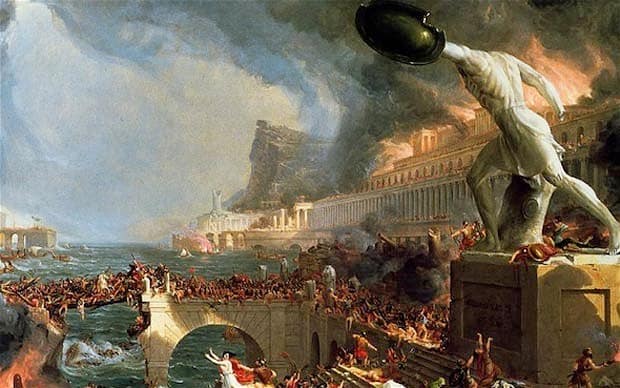
AUSTRALIA
- Andrew Hamilton
- 19 July 2017
21 Comments
Paul Kelly in the Australian makes the case that the decline in Christian faith made evident in the recent Census is in large measure responsible for the widespread loss of trust in the political system throughout the West. There are inevitable limitations to such broad brush arguments. Lack of trust in politics and institutions is not new. From the Roman Empire to contemporary China authorities who do not ensure an adequate supply of bread to their citizens can expect to meet distrust, unrest and replacement.
READ MORE 
-
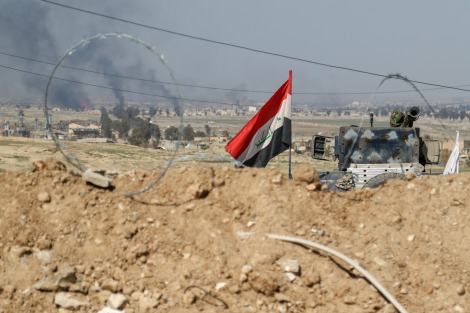
INTERNATIONAL
- William Gourlay
- 14 July 2017
2 Comments
With ongoing celebrations in Baghdad and scenes of devastation in Mosul, Iraqi Prime Minister Haider al-Abadi has announced the 'liberation' of Iraq's second-largest city from ISIS. This moment, after an umbrella force of military units fought for nine months to relieve Mosul of the ISIS yoke, represents a victory for the people and government of Iraq. However, many challenges loom, among them reconciling conflicting interests amongst Iraq's peoples and restoring the ravaged landscape.
READ MORE 
-

INTERNATIONAL
- Cristy Clark
- 19 June 2017
7 Comments
Last Wednesday, five Michigan officials were charged with involuntary manslaughter for their role in the unfolding health crisis in Flint, Michigan - a crisis that has included at least 12 deaths from Legionnaires' disease, in addition to the possible lead poisoning of a whole population. The people of Flint were aware that something was wrong from the moment their water was switched over to the Flint river in April 2014. They just couldn't get anyone to listen.
READ MORE 
-
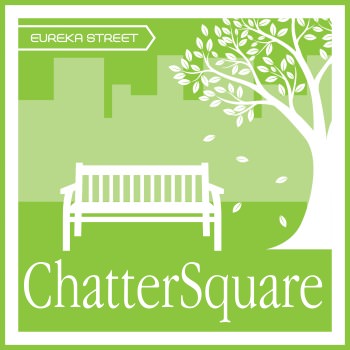
PODCAST
Former FBI Director James Comey's latest testimony, foreign donations to Australian political parties, and freelance hackers reportedly triggering a diplomatic crisis in the Arabian Peninsula: what does it all mean? We also touch on the implications of a hung parliament in the UK, including lessons from recent Australian experience. We finish with Wonder Woman and the elements that made it work.
READ MORE
-
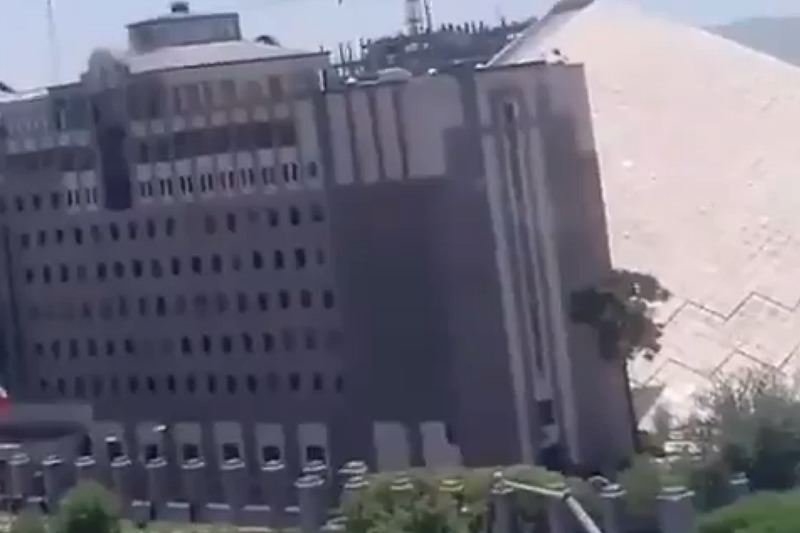
INTERNATIONAL
The unprecedented attacks by Daesh in Iran in which at least 12 people were killed and 39 injured come at an incredibly sensitive time for all countries in the Middle East. What is often obscured by commentators is that much of the present violence in the Middle East is political, not religious, even though religious labels are used as a shorthand for the competing blocs (in much the same way as 'Catholic' and 'Protestant' were used during the Troubles in Northern Ireland).
READ MORE 
-
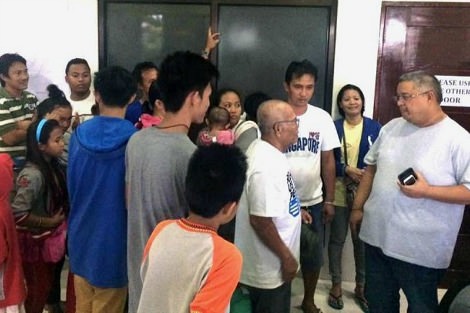
AUSTRALIA
- Fatima Measham
- 08 June 2017
13 Comments
Since 9/11, as well as more recent, atomised attacks in Europe and the UK, our judgment about what is against us has been clouded. It is not Islam, no matter what politicians and commentators say. To believe them is to take seriously the notions that it is ever possible to 'fight' religion as if it were a nation-state, that religion holds a single interpretation, that the only legitimate victim of religious violence is white and non-Muslim, and that human motivation is simple and direct.
READ MORE 
-
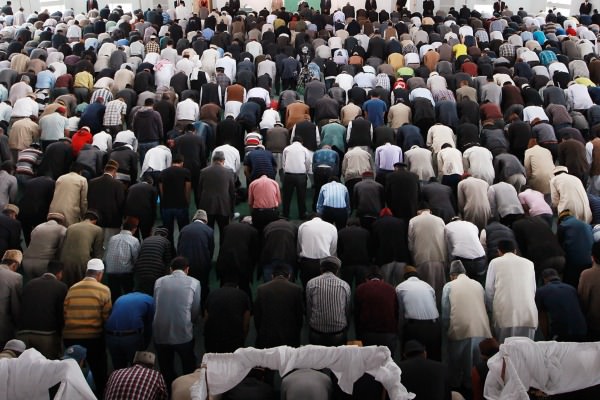
AUSTRALIA
You need not believe everything you read in the Herald Sun or an ISIS press release. Islam isn't just about armed jihad and violence against infant genitalia. Islam does have a spiritual side, and Ramadan is inherently spiritual, full of prayer and fasting and hardly any horizontal bedtime action. The theory behind all this deprivation is that if you're hungry and thirsty and sex-deprived between sunrise and sunset for an entire month, you'll gain a spiritual high that should last you the rest of the year.
READ MORE 
-
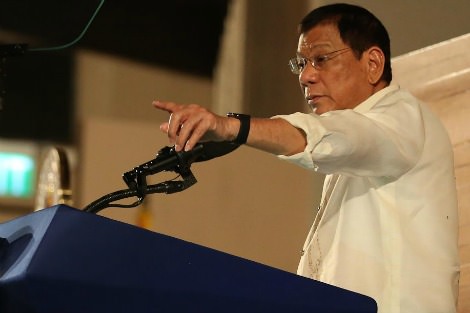
AUSTRALIA
- Fatima Measham
- 25 May 2017
3 Comments
None of what continues to unravel in the Philippines is a shock. In August last year, barely more than a month from inauguration, Duterte mentioned the prospect of martial law in relation to his drug war. Duterte is the sixth president since the 1986 People Power revolution that overthrew Marcos. He is a close associate of the dictator's children. Martial law was long in play before the incidents in Marawi this week, and is in character for an ex-mayor with alleged links to 'death squads'.
READ MORE 
-

INTERNATIONAL
- Catherine Marshall
- 18 May 2017
13 Comments
Australia should think carefully about adopting a ban that singles out Muslim majority countries under the guise of keeping its citizens safe. While it might make sense to ban potential bomb-carrying devices on flights from those countries where terrorist groups tend to be based, in reality it negatively profiles these countries and, more oppressively, the people who come from them. This is precisely the kind of dog whistle politics the likes of Trump and Hanson have engaged in.
READ MORE 
-

INTERNATIONAL
- Tuhimi Akebet
- 16 May 2017
2 Comments
The building of the Grand Ethiopian Renaissance Dam on the Blue Nile by a major Italian construction company remains a source of tension between Ethiopia and Egypt. Egypt sees the Nile as its sole source for the survival of its population and, historically, has seen itself as its sole natural guardian. Ethiopia argued in response, on the basis of unseen studies, that there would be no reduction of water downstream. Both are mindful of the disastrous war they waged against each other early in the 19th century.
READ MORE 
-

AUSTRALIA
- Francine Crimmins
- 14 April 2017
15 Comments
As a millennial, I frequently find myself being told to stop complaining about housing affordability. It's all about working harder, saving more and, for goodness' sake, keeping off the avocado. As a young person, I'm concerned about using super, a system which was put aside for our economic welfare in retirement, as a savings account for instant gratification. The government is trying to solve the housing crisis not through direct action, but by encouraging young people into lifelong debt.
READ MORE 